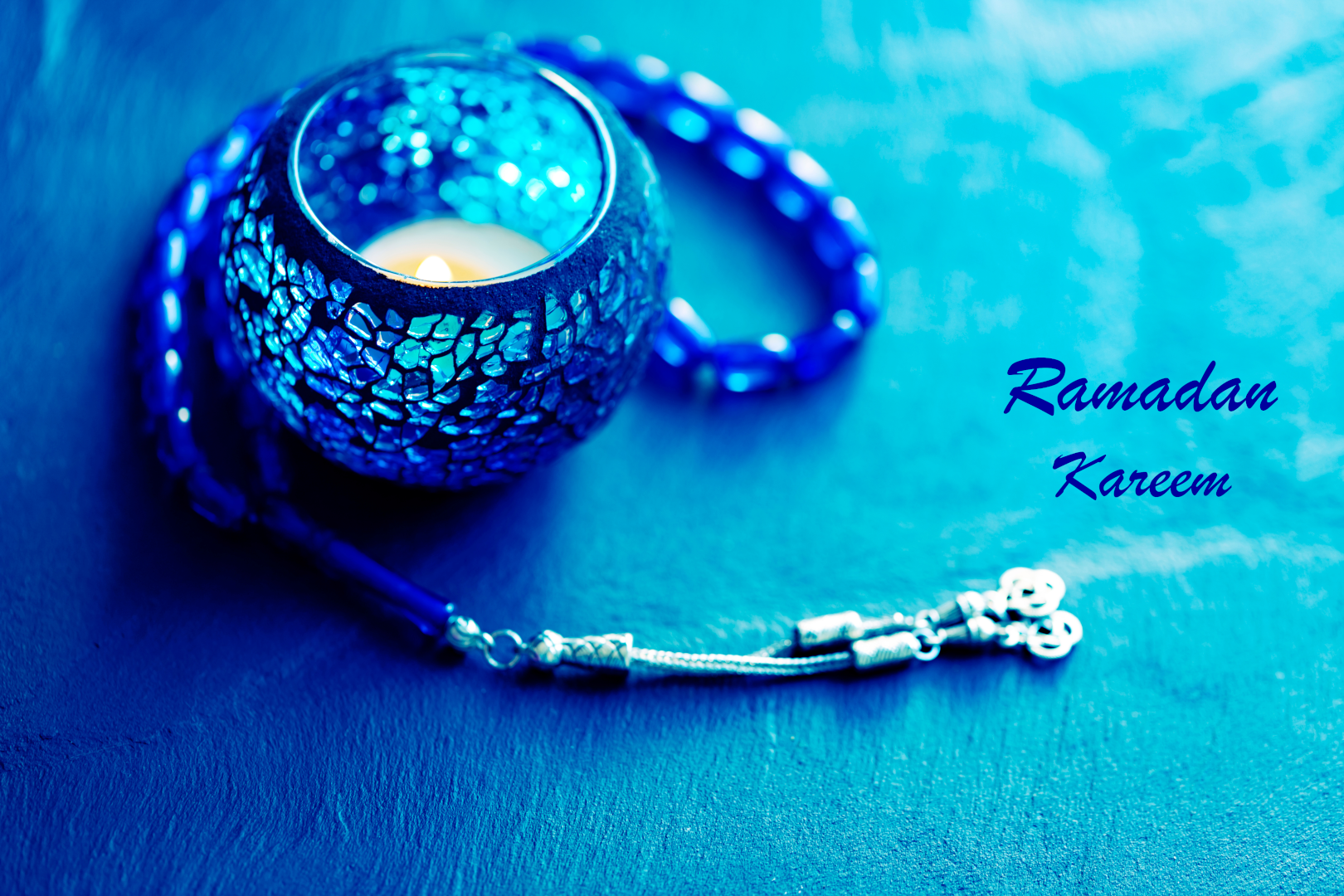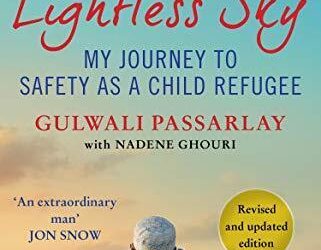As a migrant, embracing a new culture is exhilarating, equally respecting the traditions of your native culture is important. Understanding the different traditions of a multicultural society encourages inclusivity.
For over three million Muslims living in the UK, the Holy Month of Ramadan is the most sacred month of the year, a time of sacrifice, devotion and reflection. Ramadan occurs in the ninth month of the Islamic calendar and this year it is expected to commence on April 13th. The exact date will be confirmed upon the sighting of the new moon as the Islamic calendar is lunar based.
Ramadan is one of the five pillars of Islam and it celebrates Allah (God) revealing the first chapters of the Qur’an (the Muslim holy book) to the Prophet Muhammad (PBUH). It is a special time for Muslims around the world as they pray to become closer to Allah.
“As a Muslim, my experience with Ramadan is in its essence a spiritual month”. Muna
There is a misconception amongst many non-Muslims that Ramadan only involves fasting and that it is an unnecessary hardship. In reality, Muslims don’t consider fasting a hardship, but see it as an important sacrifice that helps them become more compassionate and to recognise those less fortunate. Fasting involves not eating or drinking during daylight hours and this year, UK daylight hours could last between 13 – 15 hours. If you are new to the UK, you may find fasting in a non-Muslim country for the first time challenging as friends and colleagues continue to eat and drink as normal. Many Muslims explain that while this makes their sacrifice more meaningful, they appreciate when non-Muslims friends show understanding and respect and avoid eating or drinking in front of them.
As with most celebrations and festivals, traditional food plays an important part and for many migrants, eating the same foods in their new country as they would have eaten at home keeps them connected.
“I always associate our Iftar with the traditional Bengali meal of kisuri (a savoury rice dish), piaji (onion fritters), and sannaa (a chickpea dish). As per tradition, it’s always the meal we have for our first and last iftar.” Noha
Suhoor is the first meal of the day and is eaten just before sunrise and provides strength and substance during the long fasting hours ahead. Most Muslims finish their daily fast at sunset by eating dates and drinking water before going to prayer; this is followed by Iftar, when typically family and friends would join together to enjoy a special meal. Having lived in the Middle East for many years, we were lucky to have been invited to many Iftar meals and to enjoy delicious foods that had been prepared throughout the day. Migrants are, by our nature, inclusive and never more so when it comes to sharing our traditional foods, as we form connections in our new home country. British Muslims are very proactive in sharing elements of Ramadan with their new community, often inviting, in normal times, neighbours and work colleagues to share Iftar meals.
“Another tradition that my family has brought to the UK is sharing our iftar with neighbours every year, both Muslim and non-Muslim. We deliver platefuls of steaming food right before we break our fasts. It’s always wonderful to share food, especially during Ramadan!” Noha
COVID has brought a new way of life for all of us, separating us from friends and family as we try to reduce the spread of the virus and keep everybody safe. Day to day, this is challenging, but with restrictions still in place, Ramadan 2021 will be a different experience for Muslims in the UK. This year, thankfully mosques are open for prayer following strict COVID guidelines, and the British Muslim Council (BMC) has some helpful advice to ensure that Ramadan can be observed safely and spiritually.
- Online – Stream Islamic sermons, taraweeh or other services to your home, either pre-recorded or live.
- Prayers – Organise prayers including taraweeh at home as a family and pray as a congregation in the home.
- Virtual Iftars– Arrange virtual iftars with extended family and the community through the many online video calling facilities available, listen to the maghrib adhan and break your fasts together.
- Plan food – Plan your iftar menus in advance so that you can limit multiple shopping trips to minimise your need to leave home and help minimise the spread of the virus.
- Drink well – Hydrate well for the long work days. Dehydration can lead to tiredness, headaches, lack of focus/concentration.
- Energy foods – Eat high energy, slow burn foods for suhoor (starting your fast) that can give you energy gradually throughout the day
- Breaks – Take regular breaks to reflect and take time for yourself.
- Mental Health– Our lives can sometimes already be full and we try to fill it with more worship during Ramadan. Sometimes it is quality over quantity.
Wishing Muslims all over the world, but particularly to our community in the UK, Ramadan Kareem for a healthy and spiritual Ramadan.







